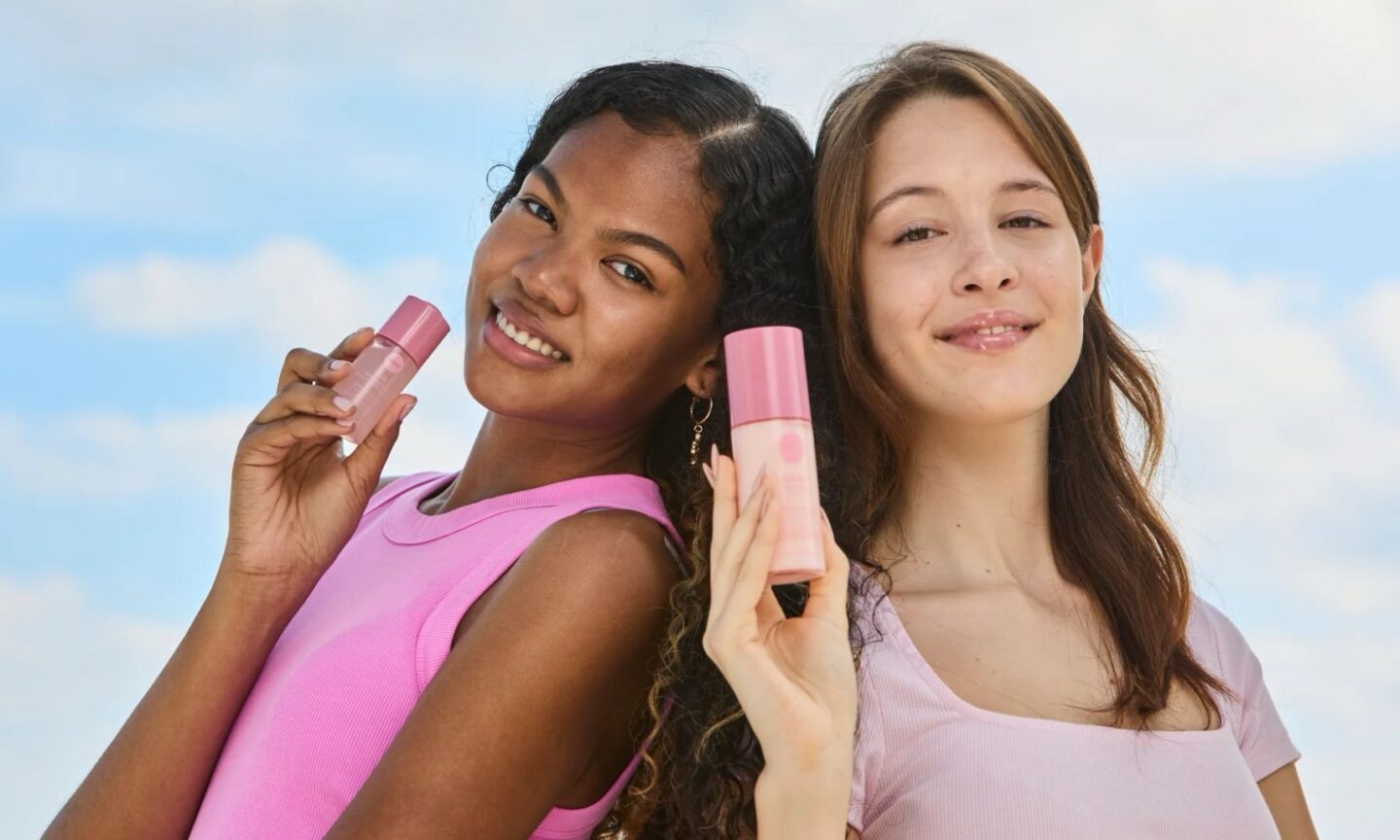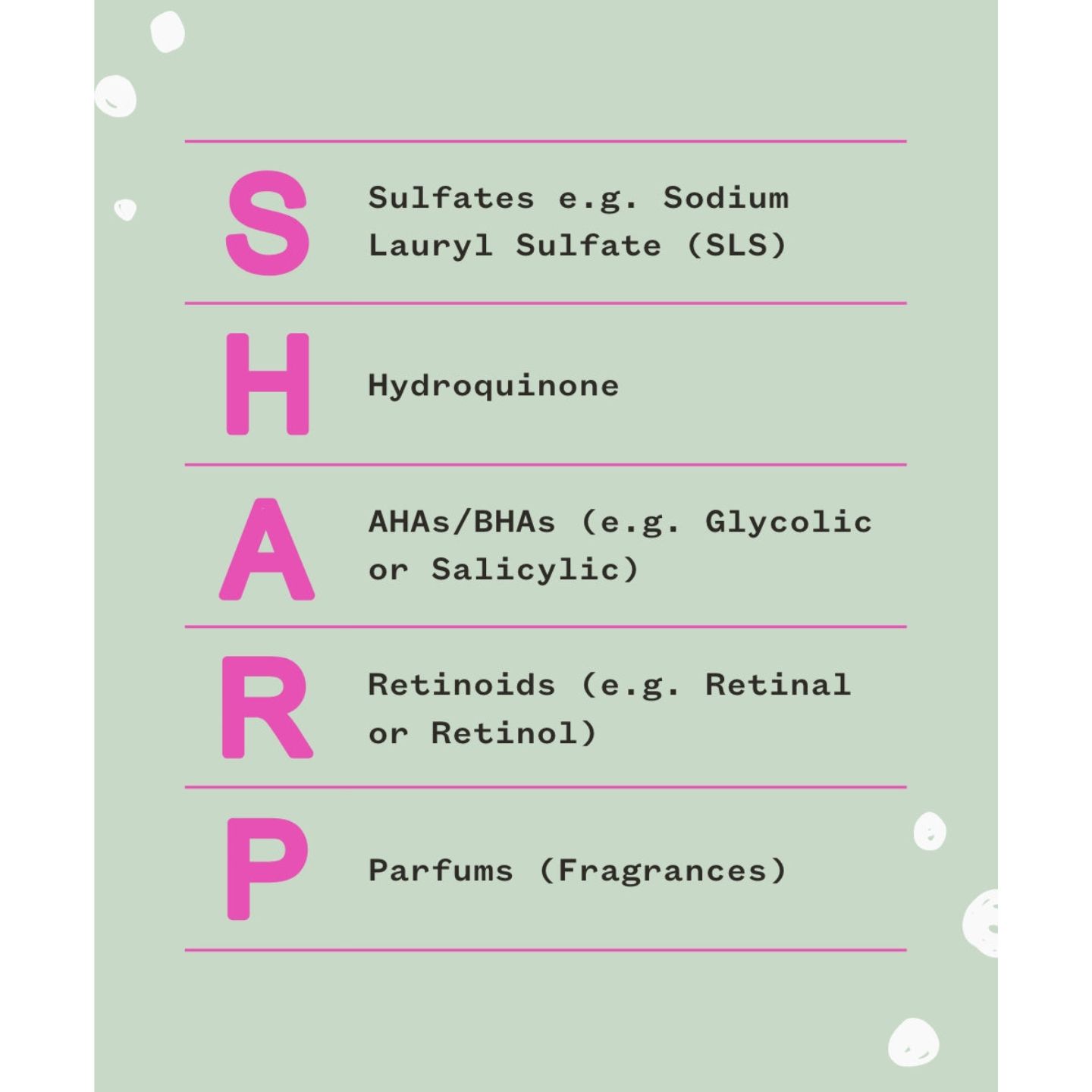1 in 4 UK Tweens Using Retinol and AHAs

One in four (25.7%) UK children aged between 9 and 12 are using skincare products that contain potent active ingredients like retinol and AHAs, compounds that may harm developing skin, a new tween skincare study has found.
Commissioned by British skincare brand Pai Skincare, the research marks the UK’s first interfamily microbiome study and raises urgent questions about the skincare choices of pre-teens and their families.
The skin microbiome — a complex ecosystem of bacteria, fungi, and viruses — plays a vital role in maintaining skin health. It helps regulate oil production, support the skin barrier, retain moisture, and protect against irritation. According to the study, tween skin has greater microbial diversity than teen and adult skin, but significantly lower levels of Cutibacterium acnes (C. acnes), a key bacterium that helps build skin resilience. This makes their skin more susceptible to environmental stressors, including strong skincare ingredients.
Unlike adult skin, which has fully developed defences, tween skin is still maturing. It produces less natural oil and lacks the protective benefits of C. acnes, which typically emerge during puberty. Early exposure to potent actives like retinol and AHAs can compromise young skin’s natural defences — stripping away moisture, altering the microbiome, and weakening the skin barrier. Once damaged, the skin barrier may take time to recover, and repeated use of unsuitable products can prolong that process. Research indicates that a weakened barrier struggles to retain moisture and protect against irritants, often leading to persistent redness, dryness, and irritation.
The consequences are already visible. Nearly half (44%) of tweens surveyed reported experiencing redness, itching, or irritation after using skincare products. Yet many are still making choices driven by trends rather than informed guidance. A survey of 1,500 UK girls aged 9–12 and their parents uncovered notable knowledge gaps around skincare.
Key findings include:
- 46% of tweens use two to three skincare products each week.
- 81% of parents say they are somewhat or very aware of ingredients in their child’s skincare, yet 55% of tweens admit they don’t read product labels.
- 58% receive skincare as gifts, suggesting family and friends play a major role in product choices.
- 41% are influenced by online creators when deciding what to use.
- 48.4% use skincare with the aim of achieving clearer, blemish-free skin.
Pai Skincare attributes the rise in inappropriate product use to the influence of social media platforms like TikTok and YouTube, where influencers often promote products designed for adult skin without proper guidance.
Fortunately, despite the wave of online trends, parents remain the most trusted source of skincare advice. Nearly 60% (59.8%) of tweens say they turn to family for guidance, highlighting a key opportunity to equip parents with accurate, science-backed information.
“This is why educating both parents and tweens is more critical than ever. By equipping them with the right knowledge, we can help prevent unnecessary skin damage and build healthier skincare habits for the future,” said Sarah Brown, founder of Pai Skincare. “The pressure to follow trends is huge, and many parents feel left in the dark about what’s actually suitable for their child’s skin. We want to bridge that knowledge gap and ensure sensible and informed skincare habits start early.”
To support this, the brand has launched the #StaySkinSharp Skincare Guide, developed in collaboration with the British Skin Foundation. The guide offers practical tools to help parents navigate skincare conversations with their children, encouraging safe routines while nurturing curiosity.

Pai Skincare is not alone in taking meaningful steps to support younger consumers. A growing number of brands are actively addressing the skincare needs of tweens more responsibly. Beauty Pie has introduced a curated range of tween-friendly products, while Indeed Labs recently unveiled Next Gen Skincare, a range of easy-to-use products, all priced under £20 ($15), designed specifically to support younger skin. Meanwhile, brands such as Mantle have implemented age restrictions on their websites, signalling a broader industry shift towards greater accountability and age-appropriate product guidance.
As the conversation around skincare and social media continues to evolve, so too does the responsibility shared by brands, parents, and influencers. With better education, transparency, and an emphasis on skin health over passing trends, the next generation can build better habits and a healthier relationship with their skin.